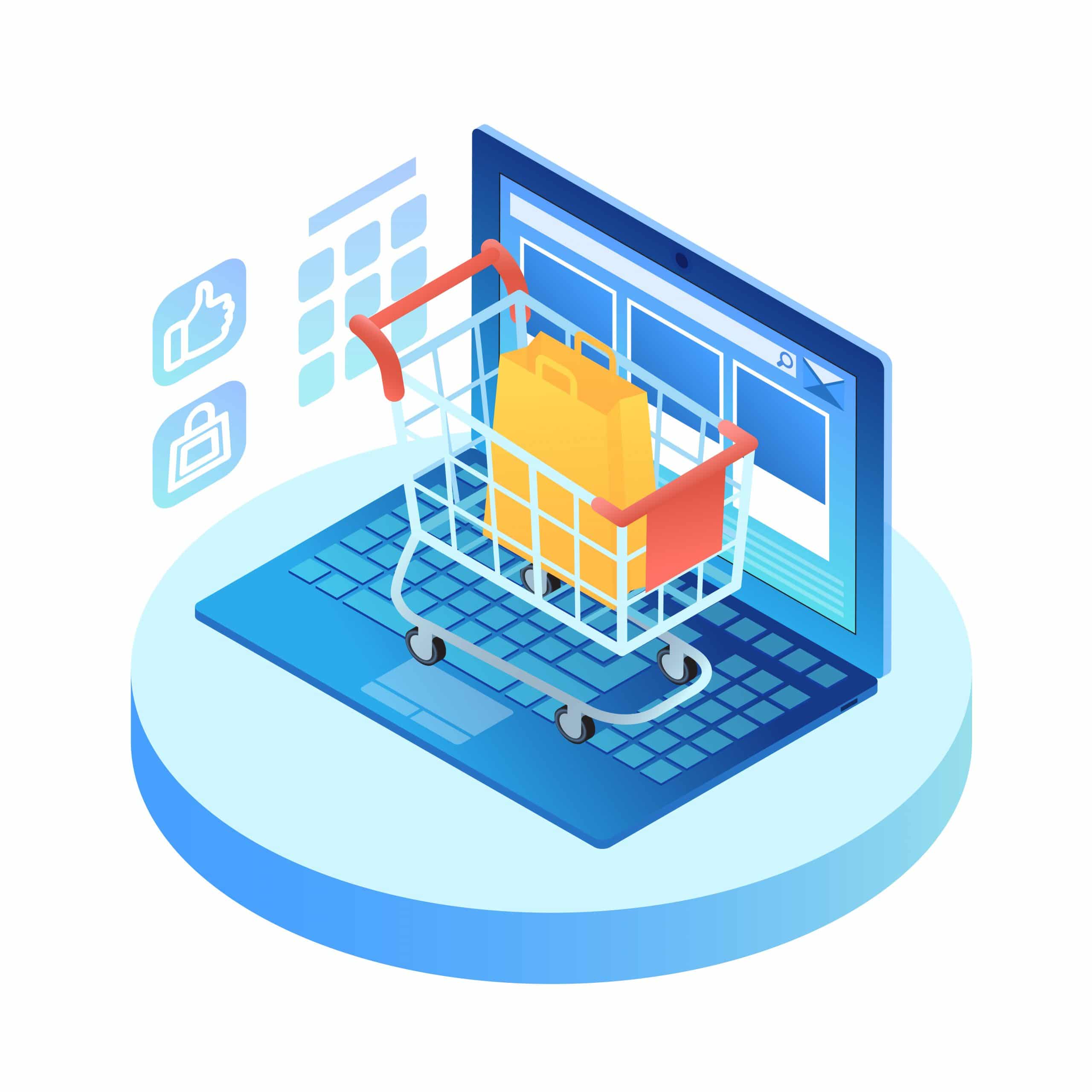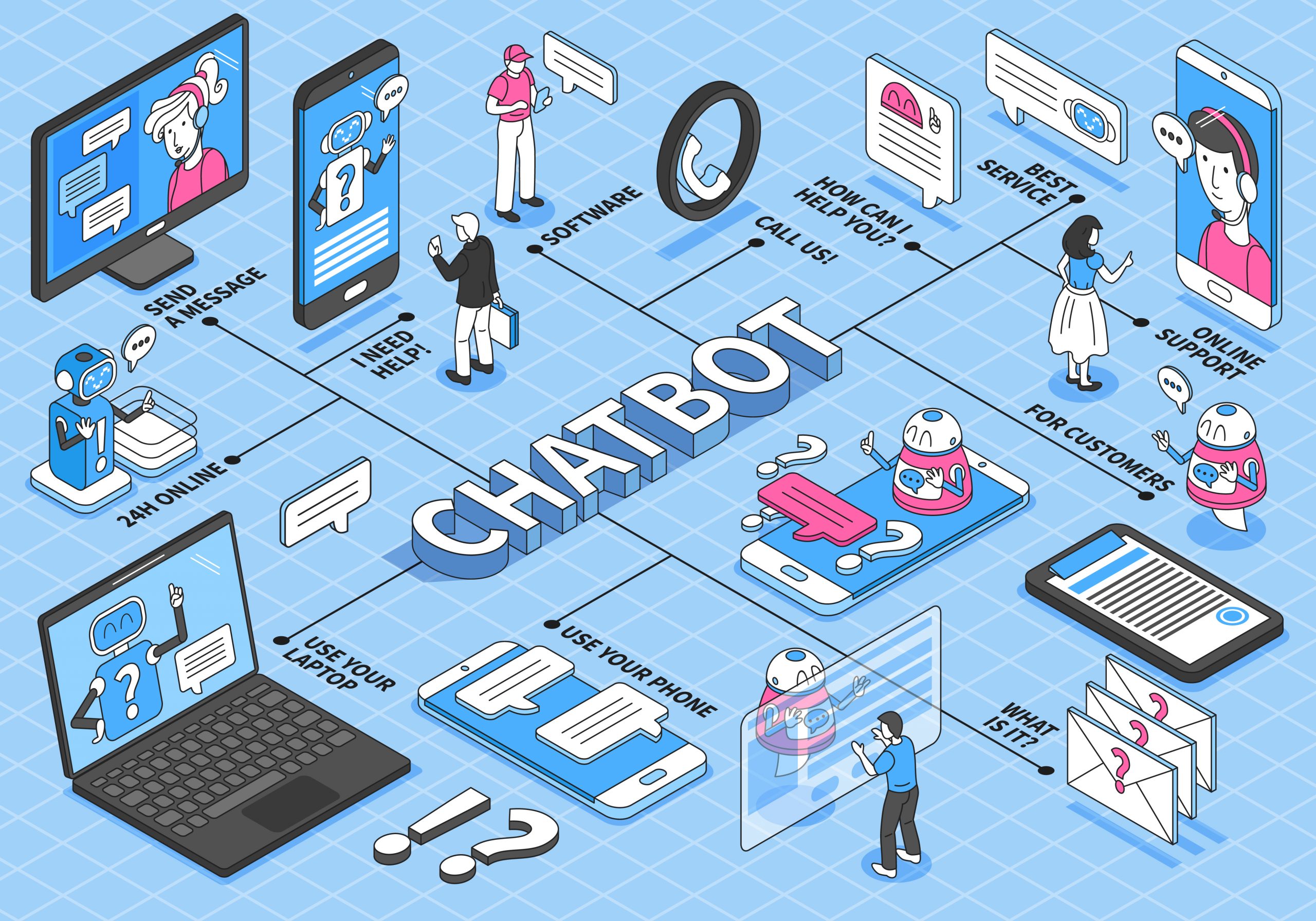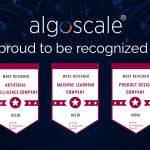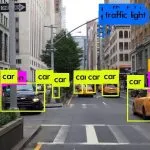The entire world in unison saw dramatic changes in the way lives, systems, processes, and organizations work since the beginning of the Covid-19 pandemic. With digitalization being looked at as the last resort for practically all industries and the remaining bits of hesitation among consumers for online shopping also naturally (and with lack of better alternatives) drifting away, the part of e-commerce in global retail trade went up from 14% in 2019 to about 17% in 2020, according to the report, COVID-19 and E-Commerce: A Global Review, by UNCTAD. Meanwhile, as per some other estimates made available by UNCTAD, global e-commerce sales increased by 4% from 2018 to $26.7 trillion in 2019.

This trend is here to stay without any doubts and so, the businesses who learn from the previous shortcomings and step in the digitalization bandwagon will prevail. This transformation era necessitates cutting-edge technologies to support and enhance the operations of any business, and NLP has been solving this problem for the retail and e-commerce industries since its inception.
What is NLP?
Natural Language Processing (NLP), a subset of Artificial Intelligence, can be explained as the ability of machines to analyze and detect human language with applications including text mining, sentiment analysis, machine translation, and more. According to Fortune Business Insights, The global natural language processing market is projected to grow from $20.98 billion in 2021 to $127.26 billion in 2028 at a CAGR of 29.4% in the forecast period.
But, Why NLP?
Even the mammoth volumes of data can be streamlined through NLP solutions as its applications facilitate faster processing and leverage business models at drawing human language insights. Having begun with chatbots and conversational interfaces and gradually progressed to the automation of operations and the improvement of the customer experience by identifying and analyzing the digital behavior of the customers, these AI-enabled technologies provide cost-cutting solutions and improved brand loyalty for the enterprises.


How NLP helps
- Semantics for Search Engine Experience
Semantic Search resolves the issues which arise due to the staple Keyword search where the results might throw in anything and everything related to the ‘words’ one puts in the search bar before hitting ‘enter’. It is not an easy task to decode the complexities of natural language, but through NLP algorithms and insights, language models can be trained on values of data to understand the semantic context of the text. With the help of such language models, semantic search enables getting on to the real intent of the customer behind the ‘typed text’ and putting it across to provide the most fitting responses for the particular query.


- Autocorrect and Autocomplete
This unsung hero of the AI and NLP cadre doesn’t get the spotlight it deserves as something which is being used on a more than regular basis. Put something on Google and it will ‘autocorrect’ your typos, ‘autocomplete’ your words and sentences, and even suggest related search options. The E-commerce sector also puts these NLP algorithms into practice to correct misspellings and punctuation problems, detect similar meaning words and synonyms, and even provide multiple language support to present results in a way that maximizes user experience and analyses the true intent in the situation.
- Recommendations
To improve the quality of the user experience, NLP systems can make recommendations that go beyond the keywords in the query and combine them with the consumer’s historical behavior, geographic demographics, and other related patterns. Conversational AI or simply put, chat-based product recommendations allow customers to get recommendations generated based on their preferences. The NLP-powered conversational interface facilitates upselling of products, package tracking, and replenishment of products.


- Chatbots and Virtual Assistants
NLP-enabled chatbots and virtual assistants (yes, Siri and Alexa serve the same purpose) can improve the customer service experience by grasping the gist of the human context and the nuances of the query. Answering FAQs, smoothening the order tracking process, cross-selling are some of the ways chatbots and virtual assistance assist businesses.
Read more about how chatbots can bring a great influence to your marketing strategies.


- Target Advertising
By monitoring social media, emails, and buying behaviors, NLP assists advertisers in finding possible customers for their products. NLP has already brought value to many firms by expanding the number of ad placement channels available. This allows businesses to make the best use of their advertising budgets and target potential customers. By working on keyword matching, the Ads are associated with a keyword or phrase, and it is shown to only those users who search for the keyword similar to the keyword associated with the Ad
- Sentiment Analysis
When it comes to adjusting or changing marketing and sales strategies, sentiment analysis is useful for determining how customers feel about a company’s products and services by interpreting the gigantic volumes of unstructured and structured data available. The NLP engines will retrieve the information, analyze it, and assign a value to it, such as positive, negative, or neutral. NLP technology has progressed to the point that it can recognize emotions such as joy, sadness, fury, frustration, and so on.
Get more insight on one of our projects where we perform a Sentiment analysis of online reviews for a large hospitality customer resulting in a 14% improvement in NPS.
- Customer Review Analysis
Businesses want constant updates on customer product reviews, behavioral trends, fair ratings of recently introduced items, and other data that might assist management in getting things moving in the correct path. Polls, email pop-ups, social media posts, blog posts, phone calls, and comments on products on various web interfaces are all managed by AI-powered programs.
How can Algoscale help?
In this era of digital transformation, more NLP developments will further transform enterprises and processes, with surprises lurking around every corner. With the actionable customer insights that NLP provides and by automating numerous operations, enterprises are aided in making decisions that result in measurable results, and business productivity is further enhanced.
With our dedicated team of experts at Algoscale, you can put your hands on the latest NLP advancements and harness the power of AI for your business. We are in the “Top 30 Software Companies in California” by Designrush.












